LET OUR NGOS DELIVER OUR AID TO PNG
The Australian Government should direct more of its Papua New Guinea Aid Budget through established NGOs operating there to improve its effective delivery to the people who need it most, according to the Australian-based Kokoda Track Foundation.
“At present the vast bulk of our PNG Aid is filtered through commercial consultants and intermediary companies,” says Kokoda Track Foundation Chairman Patrick Lindsay.
“The locals call it ‘Boomerang Aid’ because so much of it returns straight back to Australia in costs and fees. There is no doubt that an unacceptable proportion of our aid to our nearest neighbor fails to reach the ground there.”
Lindsay believes most NGOs work more closely and harmoniously with local communities and have honed their operations to deliver projects and services in the swiftest and most cost-effective ways.
“For example, our Foundation doesn’t receive any funds from either the Australian or PNG governments”, Lindsay says. “Instead, we rely on the generosity of philanthropic and corporate donors and the Australian general public to fund our programs in PNG and consequently we are attuned to making every dollar count.”
It’s hard to find a good news story on Papua New Guinea. But, after a decade of working in PNG, Lindsay believes the Kokoda Track Foundation has one and hopes it will encourage others to support its work in the fascinating Land of the Unexpected.
The Foundation runs its vital education, health, community development and microbusiness programs in 40 villages throughout the Kokoda catchment area, from Port Moresby to the northern coastal areas of Buna and Gona.
“We are making real progress,” Lindsay says. “Every village along the Track now has access to an elementary school run by a dedicated and qualified teacher and all villages are in walking distance of an aid post that is operating.
“And this year the Foundation is set to bring a game-changing project to fruition: the creation and construction of the Kokoda College - a state-of-the-art training facility based in rural Kou Kou village, near Kokoda plateau,” Lindsay says. “The College will train urgently-needed teachers and community health workers who will operate the schools and aid posts in remote areas across the nation, providing these vital services where they are most needed.”
Kokoda Track Foundation CEO, Dr Genevieve Nelson, believes the organisation’s success stems from the way that it works with and in local communities and from the strong relationships it has built over time.
“We work in partnership with the local communities. Our staff on the ground in PNG are locals and they know their people’s lives and their main needs,” says Nelson. “Adults seek improved futures for their children and we work together to build these new futures through business, creativity, partnerships, and knowing and understanding the people’s rights.
“To date the Foundation has supported more than 1,400 students on Fuzzy Wuzzy Angel Scholarships, giving them access to an otherwise unattainable education. And we have provided 40 elementary, primary and high schools with educational resources, curriculum materials, teacher resources, and stationery,” Nelson says.
“In addition, we have built a number of classrooms along the Kokoda Track; delivered 80 classrooms worth of school furniture and 100 hospital beds; supported 25 teachers and 10 community health workers to operate the schools and aid posts along the Track; trained over 60 elementary and primary teachers and 14 community health workers for the region; delivered 4,500 solar lights to every adult along the Track; and continued our life-changing work in community development, agriculture and microbusiness in over 40 communities in the region.”
Since Independence in 1975, PNG’s population has more than doubled and is now more than 7 million people. Yet in those 38 years, many of PNG’s services and infrastructure have withered and thousands of schools, health centres and aid posts have closed, fallen apart, or have no adequately trained teachers or health workers. PNG’s remote areas often languish without access to the most basic education and healthcare systems and as a result PNG has some of the poorest health and education indicators in the region.
The Kokoda Track Foundation was founded in 2003 by a small group of people who had all walked the Track and wanted to give something back to the people who inhabit it. From small beginnings, it has grown into a thriving and effective organisation that has won respect throughout the Track communities and beyond.
“We aim to repay the debt of honour our nation owes the beloved ‘Fuzzy Wuzzy Angels’ for their selfless help to Australia during WWII,” Patrick Lindsay says. “We’re doing that by helping to improve the lives and futures of their descendants. And we’re constantly heartened by the generosity of Australians and Papua New Guineans who donate money, contribute supplies, or volunteer their time.
“So many people have been touched by the Spirit of Kokoda,” says Lindsay. “Whether they have walked the Track, have a family connection to PNG, or are simply concerned by the disparity between our neighbouring countries, they want to lend a hand. And there is much more to do.
“We know that Oro Province currently only has 40% of the elementary teachers it needs to offer universal primary education. We know that thousands across our catchment area still do not have access to the most basic healthcare and that women continue to die in childbirth and many children will not see their fifth birthday,” says Lindsay.
To find out more about the Kokoda Track Foundation or to get involved, please visit: www.kokodatrackfoundation.org All donations to the Kokoda Track Foundation of $2 or more are tax deductible in Australia.
